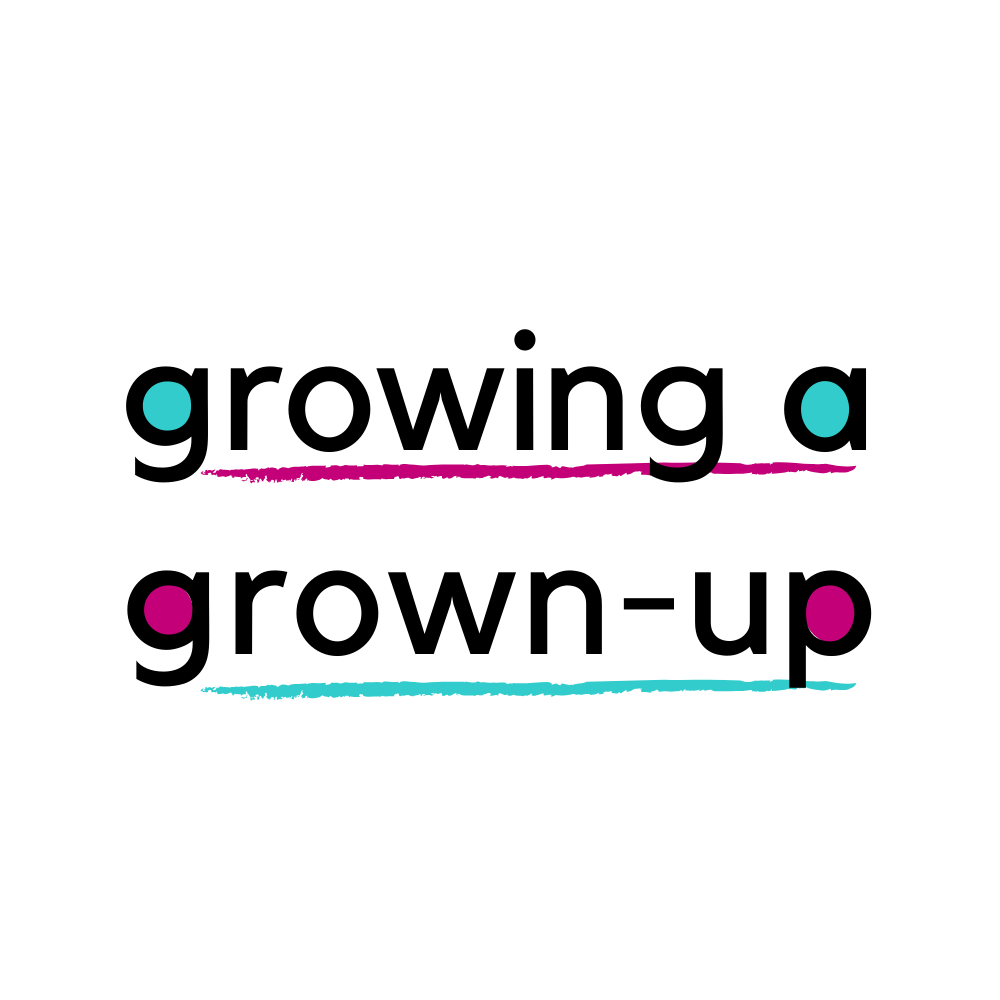I listened in to a (slightly dry!) webinar on this ever evolving topic and will summarise the five key take-aways for you here, but safe to say, not much new was shared. I did learn the difference between ‘Deep Likes’ and ‘likes’ (the former are likes that happen more than 24 hours after a post and therefore considered of less ‘value’!) but other than that the research discussed was not the latest, so my biggest recommendation to you is that if you are interested in this topic then read ‘Unlocked’ by Pete Etchells (a professor at Bath Spa University).
5 Key Take-aways;
1. Young people who already have mental health problems are more vulnerable to the negative effects of social media. Being aware of this may be helpful for supporting your young person if they have known issues.
2. 50% of children would not tell their parent if they were disturbed by something they saw online, but 90% would tell a teacher. So encourage them to talk to you but also remind them that it is good to talk to teachers.
3. There is no evidence that typical internet use harms the adolescent brain, and in fact social media can be beneficial for many young people (they say themselves that ‘it is a benefit and a curse’.)
4. The algorithms can turn a harmless search into harmful content within 30 minutes of being online, therefore discussing this with your teen and explaining that it might happen, that it wouldn’t be their fault and that they should talk to you (or a teacher, see above) about anything that upsets them, is key. No blame, just open discussion and a safe place to talk.
5. The main risks of being online, other than specific harms like cyberbullying, remain; screen time replacing ‘green time’, i.e. less time outside/ exercising, less time socialising in person, and sleep disruption. Address these and time online is a lot less of a worry for most teens.

